To legalize or not to legalize marijuana is the question for the state legislators in Illinois. Governor JB Pritzker is ready to sign Senate Bill No. 7, introduced by State Senator Heather Steans (D-Chicago 7th), which will make Illinois the 11th state in America to legalize and commercialize the drug for recreational purposes, though it is still illegal at the federal level.
Under the law you can possess up to 30 grams (an ounce) and grow up to five cannabis plants in your home. For those jailed for low-level drug convictions, their records will be expunged; exactly how is still being worked out.
This legislation is filled with controversy as it not only proposes the legalization of a drug, but also attempts to bring about equity and justice to under served communities to take part in the marijuana industry as the drug is commercialized.
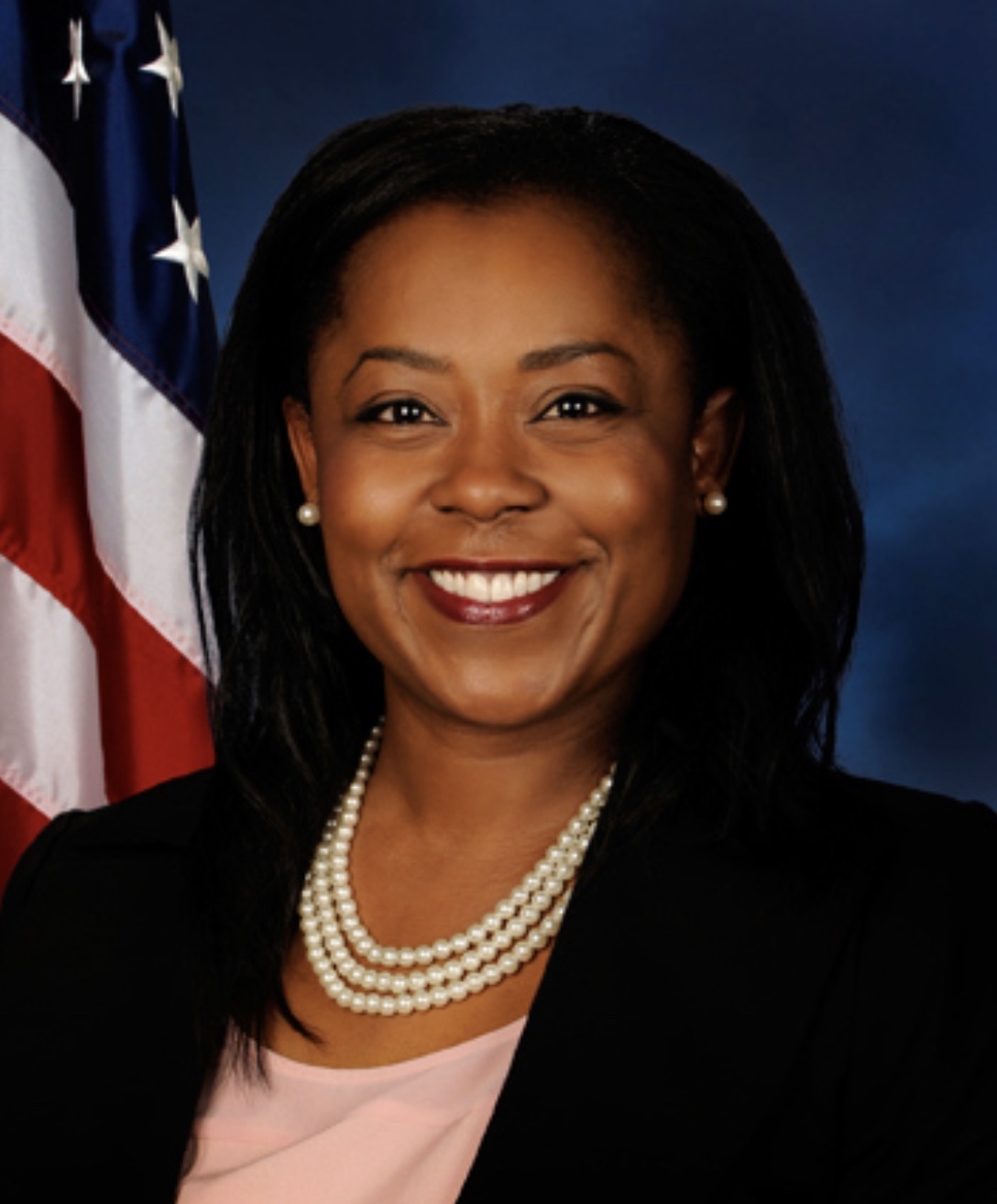
State Representative Sonya Harper (D-Chicago, 6th) has been in the forefront of this legislation. From an equity standpoint she has said:
“Not one of the 10 legal states have gotten it right so far, so we are working slowly, carefully and collaboratively with all parties to make sure that we achieve the most important goal of attaining true equity as we bring in new revenue to the state.
“We view the potential legalization of marijuana in Illinois as an opportunity for state government to engage in restorative justice, and to promote racial equity following decades-long inter-generational harm that has been done to the communities we serve by the War on Drugs.
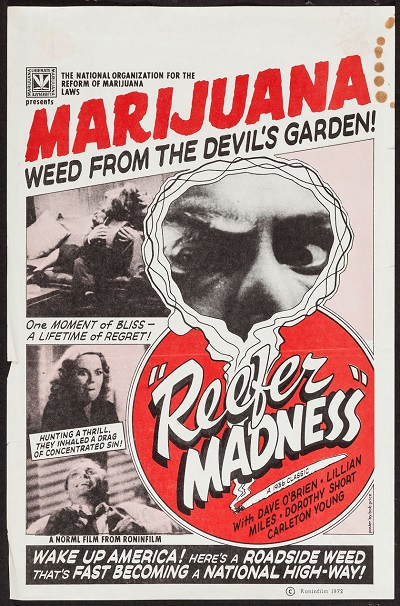
“Specifically, the benefits of legalization should positively benefit these communities, excluding those that have gentrified and are no longer suffering the effects of the War on Drugs, and also provide benefits for Black and brown farmers across the state who wish to engage in the cultivation of hemp or cannabis.
“Along with criminal justice reform and record clearance, our participation in the cannabis industry connects to our larger vision of creating sustainable businesses and jobs in the new green economy that includes, but is not limited to, agriculture: hemp and food…renewable energy and lead mitigation.
“Growing food and growing medicine is something we are already working on building new economies around in some of our most vulnerable communities across the state and the legalization, if done and funded properly, would help grow some of the most challenged communities.
“Our focus is on the appropriate removal of records, and ensuring business opportunities for new entrepreneurs, but importantly a developing a model for people who are ready to go into it. We want legitimate opportunities for all people, developing the next generation of entrepreneurs.
“We also want to assure production and facilities are in close enough proximity to our communities to be a source of jobs and revenue and positive development, but not to overrun said communities.
“In a perfect world, the majority of the new licenses would be granted to minority firms and revenue would be infused into black and brown communities in a meaningful way.”
N’DIGO recently chatted with Rep. Harper about various aspects of legalizing marijuana in Illinois.
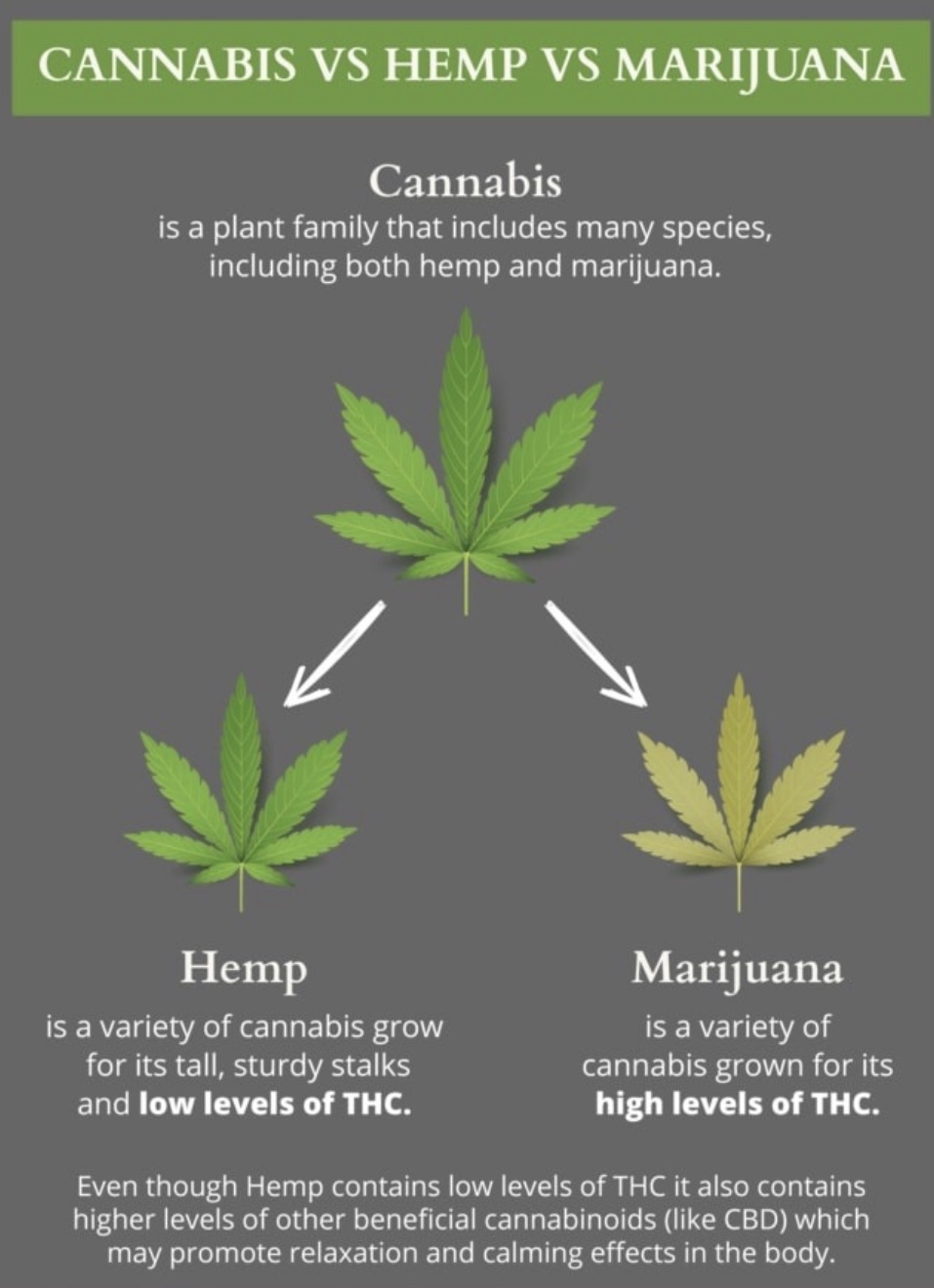
N’DIGO: What is the difference between cannabis and marijuana?
Rep. Sonya Harper: Both marijuana and hemp come from the cannabis plant. Marijuana has high THC levels (5-35 percent) with psychoactive properties and has both recreational and medicinal use. Hemp is primarily used for industrial purposes and can be used to make fuel, food, fiber and oils, as well as THC- (mostly) free CBD products.
What will it mean to the marketplace to legalize cannabis?
Legalizing cannabis is similar to the days of Prohibition, when liquor was legalized. We are taking something that was illegal and now trying to regulate and tax it for the purposes of increasing revenue and trying to cut down on the illicit market.
What makes legalizing cannabis different is that we have a responsibility to repair the harms done to people who have been hurt by cannabis convictions and communities that have suffered for generations from the War on Drugs.
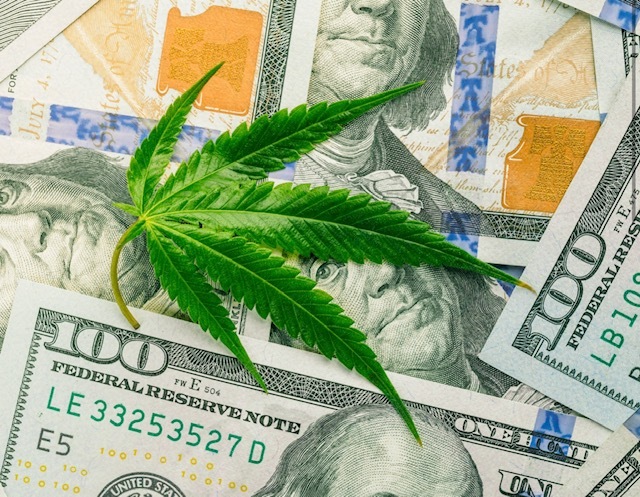
How much money do you think the state will receive in revenues from the legalization of cannabis?
Governor Pritzker estimates $170 million in revenue from the first year of the legalization of adult use cannabis. When the market is fully mature, it is expected to produce $440 million to $676 million in annual tax revenue.
If cannabis has healing properties and it comes from a plant, why has it taken so long to legalize it?
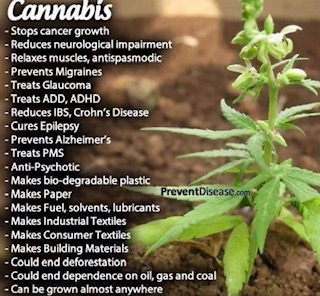
The healing properties of the cannabis plant are endless, just as with many other medicinal plants. It was used widely as an ingredient in many tinctures and other applications by people all around the world for 5,000 years prior to it first being banned in the 1920s in America after racist claims that it caused men of color to go crazy.
I think it has taken so long to legalize it because of the reasons it was outlawed in the first place – which was an attack on Blacks and Latinxs. The same reason it was made illegal is embedded in the fight to make it legal, since it has definitely helped fuel mass incarceration and helped tear apart families and communities of color.
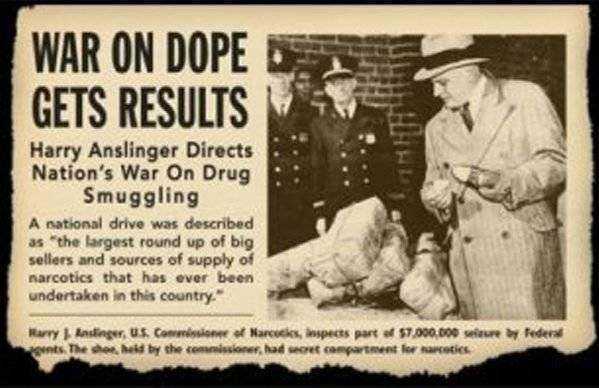
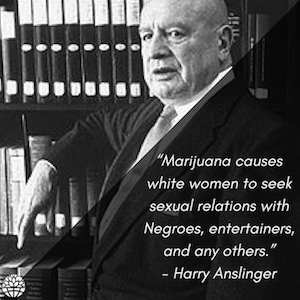
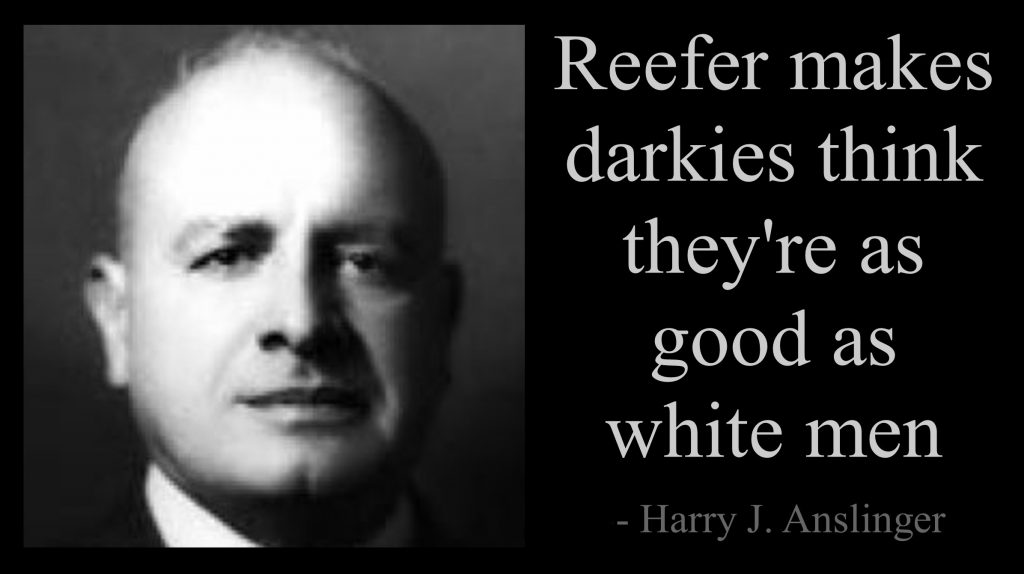
We are in a place in society where we are repairing the wrongs of Jim Crow and Nixon era policies that were meant to oppress Black and brown people and legalizing marijuana is part of that.
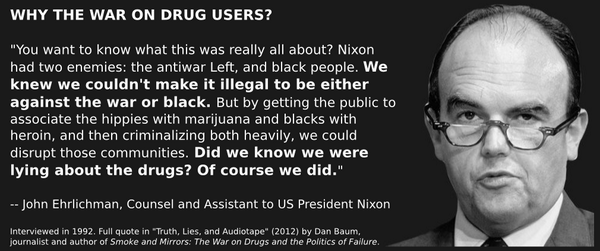

With recreational marijuana use now sweeping the nation we now see more diverse representation in government as well as the political will that we’ve never seen before to legalize it and consider it as a viable revenue source for state governments.
What benefit will legalization of cannabis have for Black and Brown communities?
The first benefit is relief from sentencing and criminal records for cannabis convictions. Another benefit is that people from disproportionately impacted areas will have more access to training, business licensing and funding assistance to open or support a cannabis-related business.
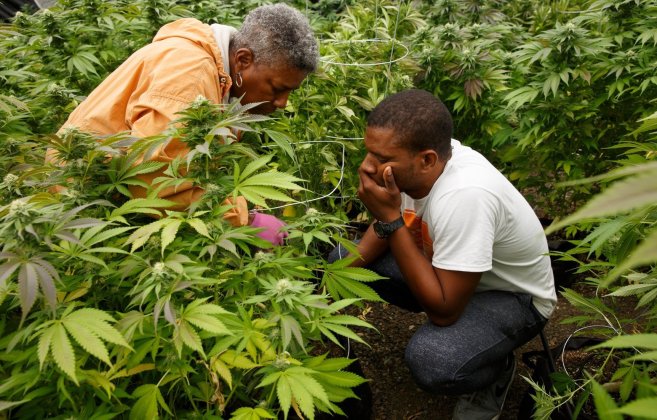
There should be more opportunities for employment and more contracts for ancillary Black and Latinx businesses to provide services to the medical and recreational markets by instituting diversity hiring and contracting requirements.
We are working to ensure that at least 50 percent of the tax revenue is infused in a meaningful way back into communities harmed the most by the War on Drugs, whether it be through community based programs, mental health and substance abuse treatment, funding for businesses and economic development, as well as assistance for urban and rural farmers of color, among other things.
Currently there are people in jail for possession of cannabis. Will they be released? Will their records be expunged?
We are currently working to make sure that people who are in jail for eligible cannabis convictions will be released from prison and their records will be automatically expunged without an individual having to make the request or incur any fees or expenses.
It is said that cannabis is the beginning for many of stronger drug usage. Do you think the legalization of cannabis will increase the overall usage of drugs?
No. Studies across the current legal states finds that there have been no increased usage when marijuana is legalized and several states report that use has decreased among teens after legalization. The CDC reports that the majority of people who use marijuana do not go on to use other, “harder” substances.
Cannabis today is sold in the drugstores; is this legal?
The only type of cannabis that is legal today that may be found in drugstores is hemp, which is actually used to make a lot of products including CBD products that have medicinal benefits very similar to marijuana, but without the THC.
What have we learned from other states, where cannabis is legal?
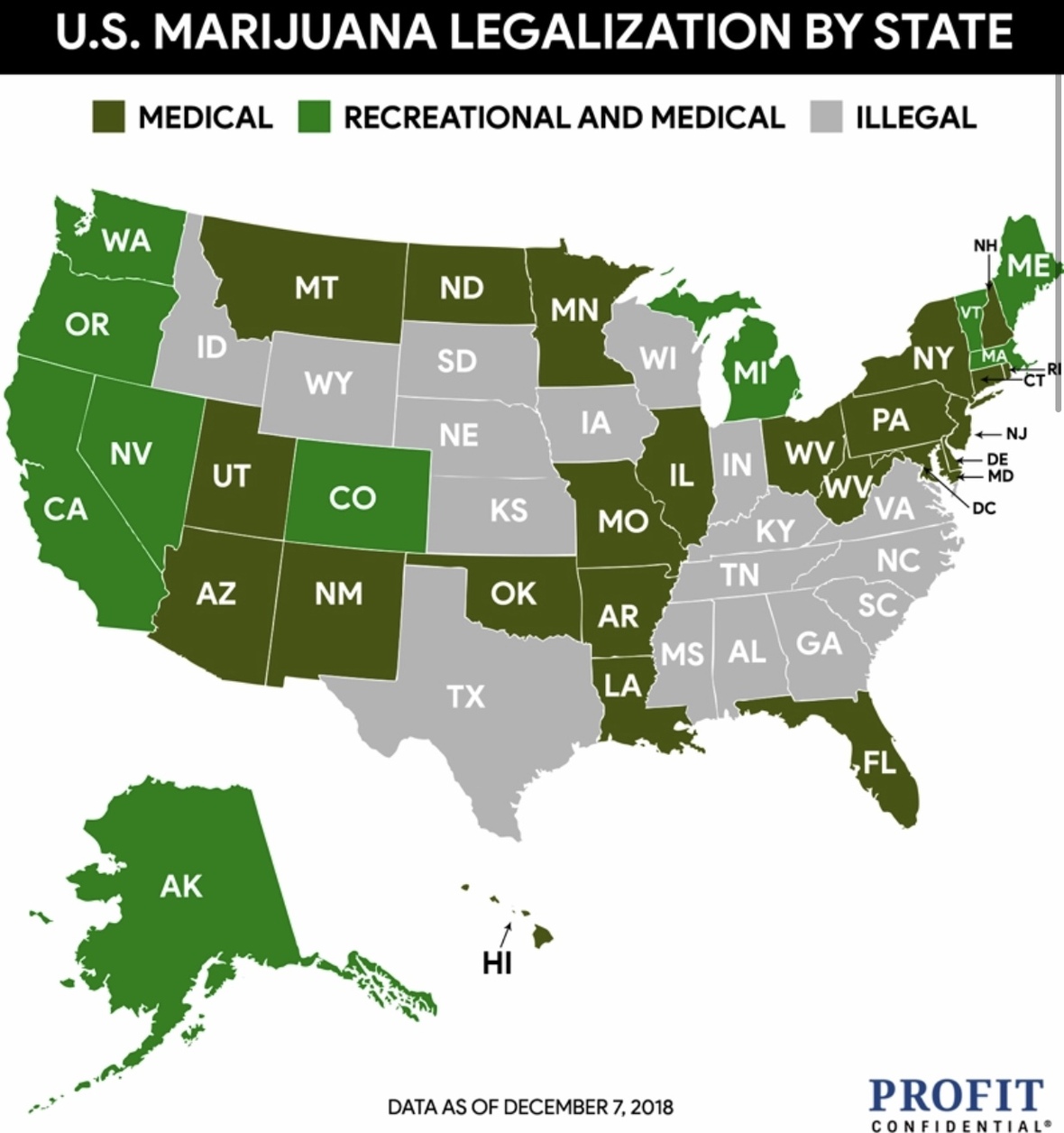
We have learned that states must fund equity programs properly, that we must expand the number of license types to ensure that people can enter the market at many levels and that we must do the immediate outreach and training to Black and brown communities to ensure they are aware of opportunities.
This legislation will introduce another industry, a new business market. What will the impacts be?
The fact that we are creating a new industry – or rather, taking the market from illicit to regulated and taxed – means that there is an opportunity like never before to become part of this industry at the beginning.
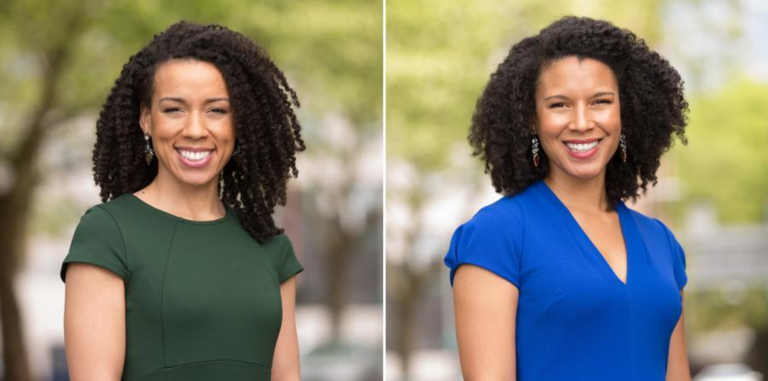
Black people own no significant part of any major industry and if done properly, legalization could be a gamechanger for some of our most vulnerable communities that have been starving for more resources, revenue and development.
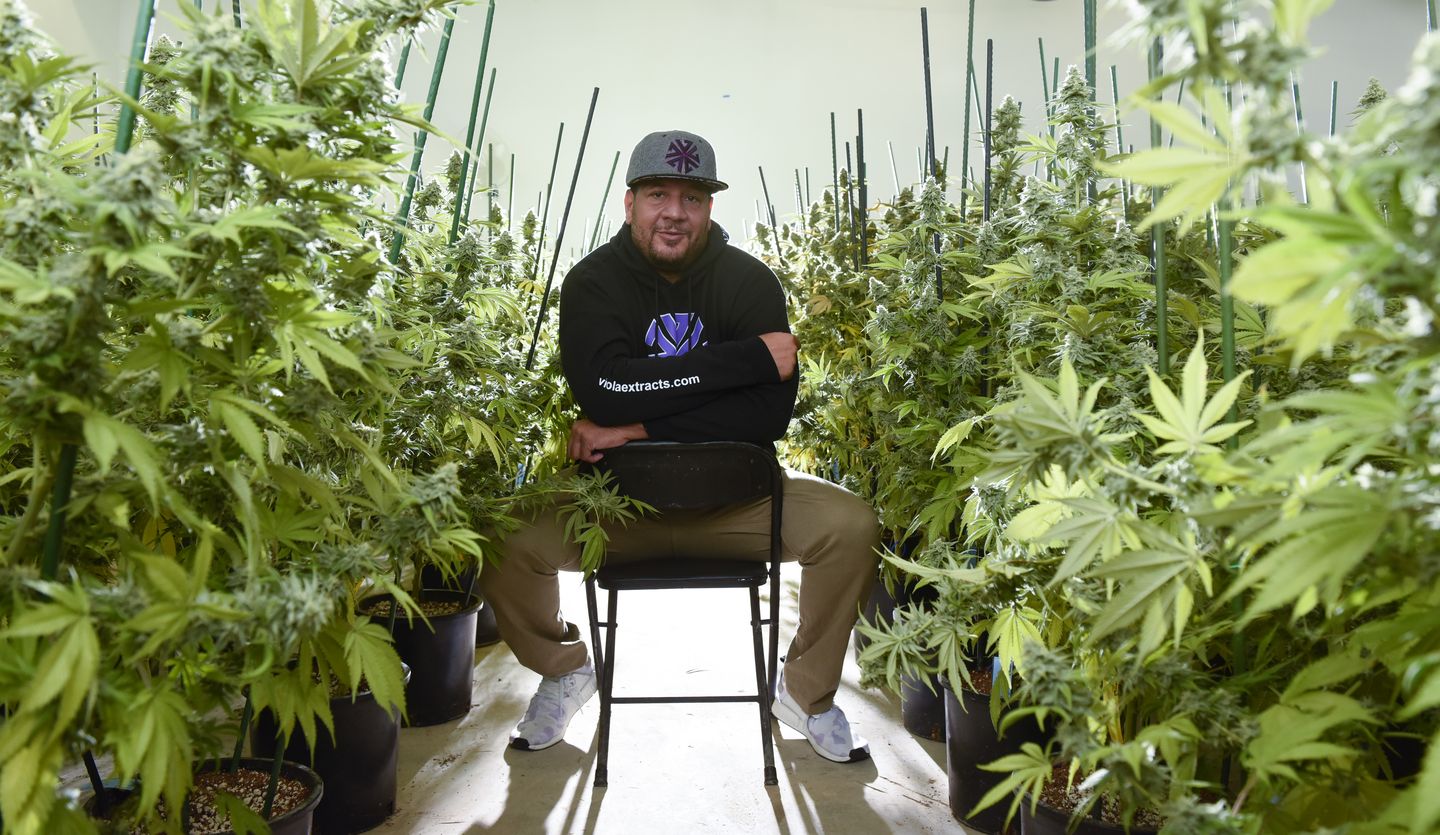
It has the potential, as well, to create more leading black and brown businesses in the cannabis industry. The plant that was outlawed in order to harm men and women of color can now be the plant that will empower men and women of color.
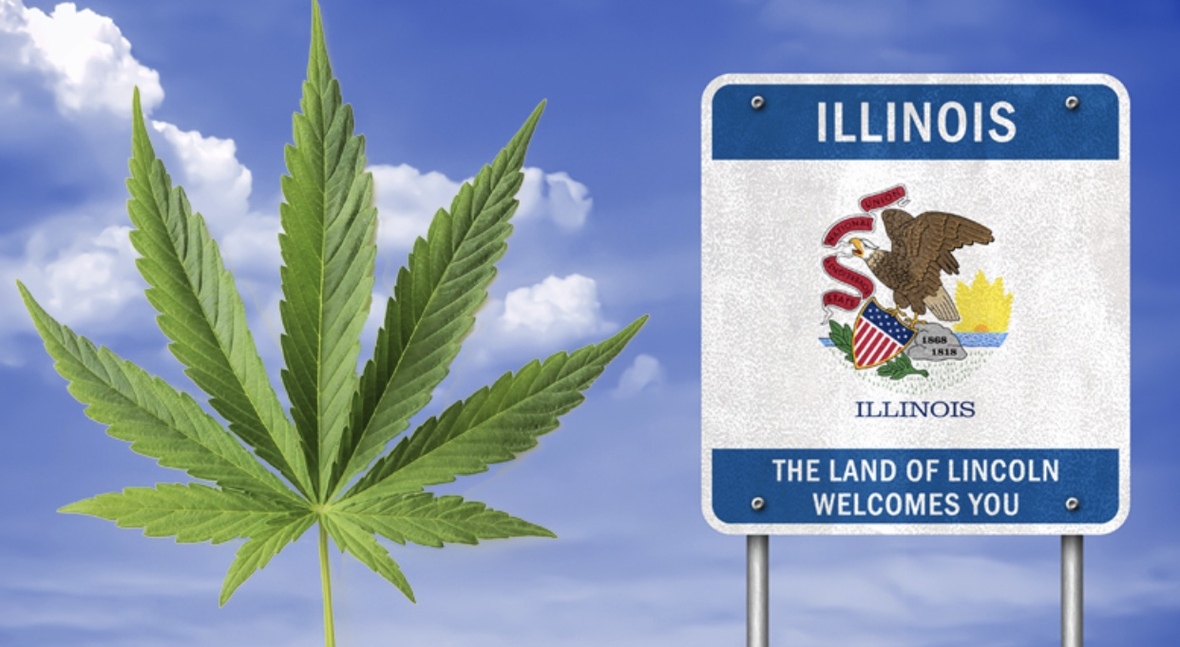


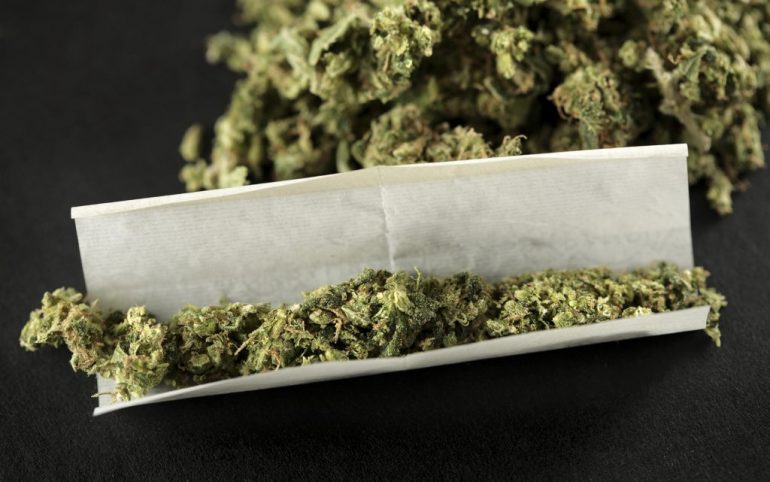


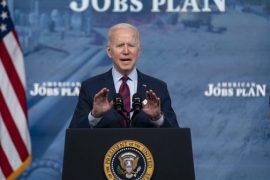

First off I want to say awesome blog! I had a quick question that I’d like to
ask if you don’t mind. I was interested to know how you center yourself and clear
your head before writing. I’ve had a hard time clearing my
thoughts in getting my thoughts out. I do take pleasure in writing but it just
seems like the first 10 to 15 minutes are generally
lost simply just trying to figure out how to begin. Any recommendations or tips?
Appreciate it!
Quiet and be still. I have writing music. Organize your thoughts.
Very good post! We are linking to this particularly great content on our website.
Keep up the great writing. https://qwertty.net/
Thank you.